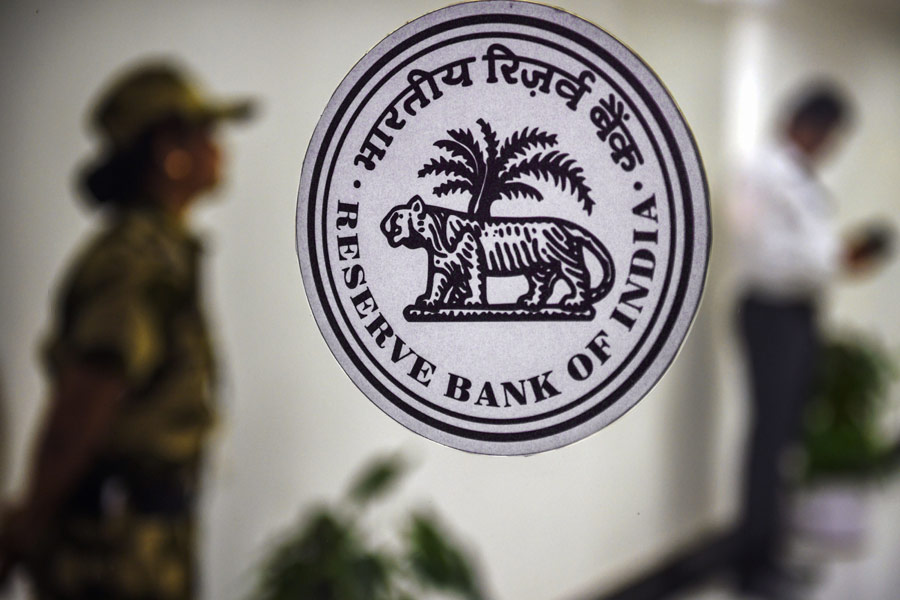The Reserve Bank of India (RBI), in a tight spot over the combination of higher inflation and a second-quarter growth shocker, is largely expected to retain the policy repo rate for the 11th consecutive time this Friday.
For the six-member monetary policy committee (MPC) of the RBI, its three-day deliberations from December 4 will be one of the most eventful in recent times.
It is the final meeting of 2024 and the last of RBI governor Shaktikanta Das, whose term ends on December 10.
The buzz around Das is he will get an extension.
Besides, the term of RBI deputy-governor and MPC member Michael D. Patra will end on January 15, 2025.
The meeting also comes at a time senior voices in the central government — commerce minister Piyush Goyal and finance minister Nirmala Sitharaman — have advocated for a cut in interest rates.
October CPI inflation hit a 14-month high of 6.2 per cent, breaching the upper bound of the RBI’s inflation target, which is 4 per cent with a band of plus/minus 2 per cent.
The task became harder for MPC with the real GDP growth rate in July-September coming in at 5.4 per cent, sharply lower than the RBI’s projection of 7 per cent and creating doubts among economists about meeting central bank’s projection of 7.2 per cent growth for this fiscal.
At the global level, the arrival of Donald Trump is weighing on policy makers.
Economists said the RBI will give more importance to inflation and hold the repo rate at 6.50 per cent even as the disappointing GDP number could set the stage for a rate cut in February 2025.
There is also a buzz about a cut in the cash reserve ratio, which is that portion of bank deposits maintained by banks with the RBI.
However, this will release liquidity in the system, which could stoke inflation. .
“Given the rather uncertain global environment and the possible impact on inflation and the fact that currently inflation has been averaging close to 5.9 per cent in the last two months, a status quo on the repo rate will be the logical outcome from the policy,’’ Madan Sabnavis, chief economist, Bank of Baroda, said.
He said he expected the RBI to change both its inflation and GDP projections. In its October policy, .
"Looking ahead, the seasonal impact of the festive quarter may boost consumption during Q3. However, early indicators suggest a potential slowdown in consumption, which is concerning. Despite this, it may not necessarily lead to a rate cut by the RBI, as upside risks to inflation persist, ’’ Vivek Rathi, national director-research, Knight Frank India, said.











